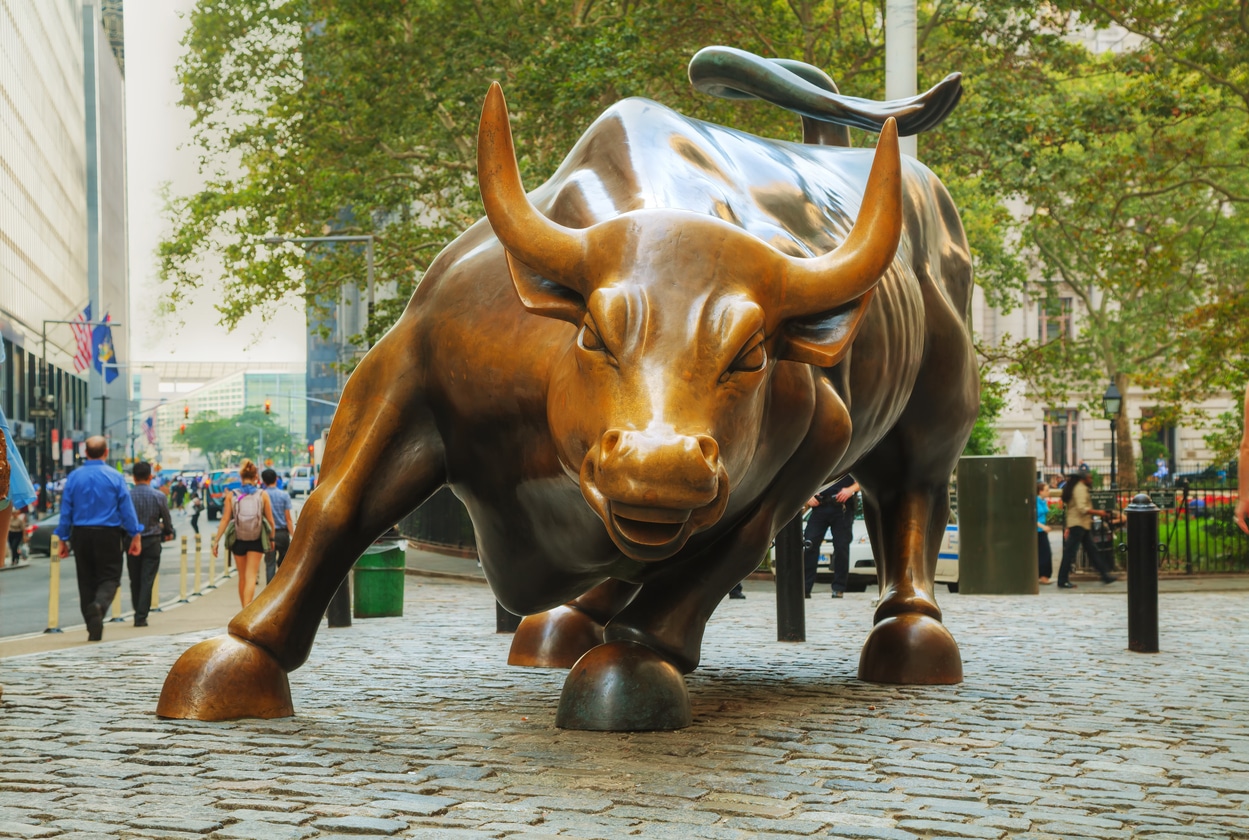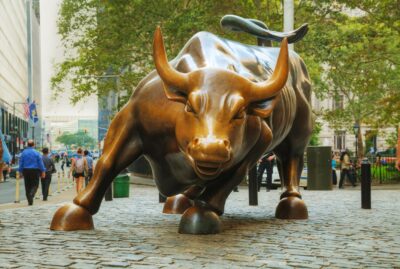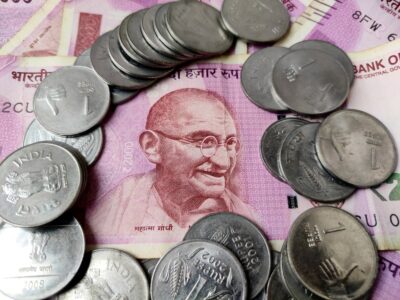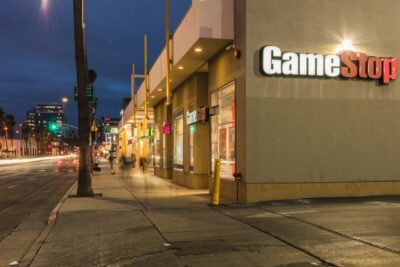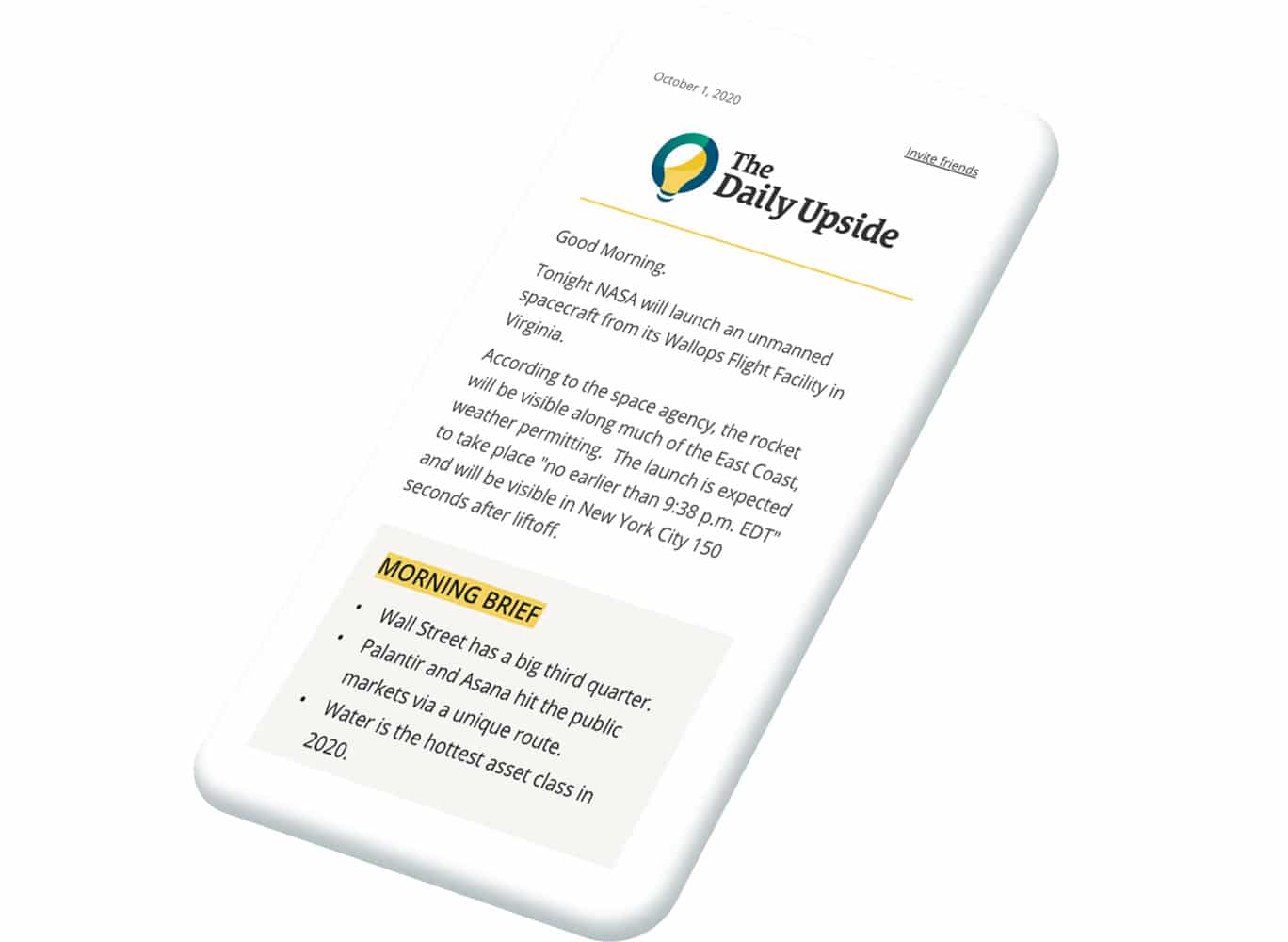Finance
-
The SEC Dunks on Shaq

Image Credit: iStock Images, Andrey Krav.
Get More Than News. Get Insights.
Our daily email brings you smart and engaging news and analysis on the biggest stories in business and finance. For free.
-
Newly Divorced Europe Still Loves Antitrust

Image Credit: Getty Images, Wachiwit.
